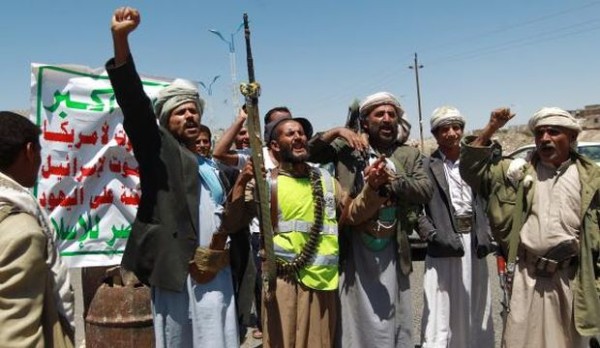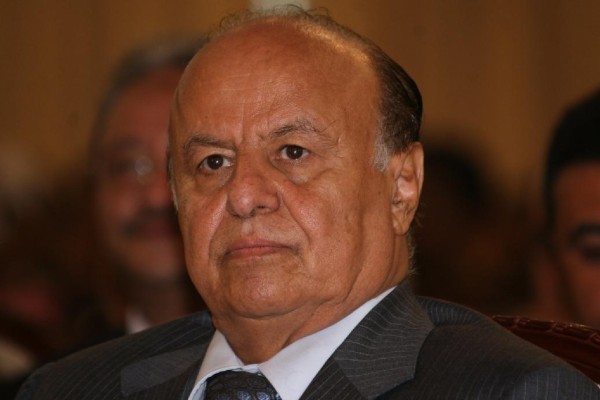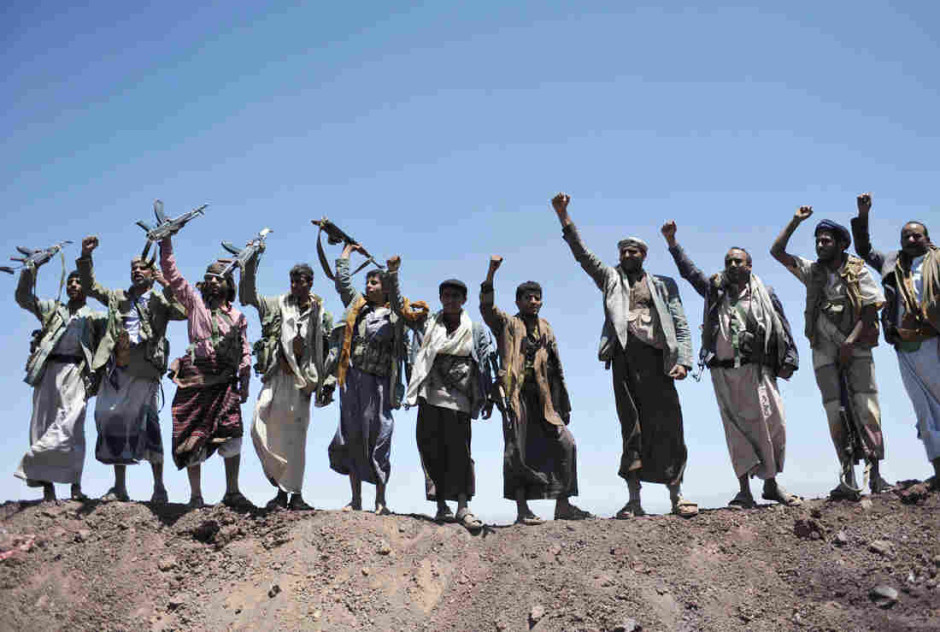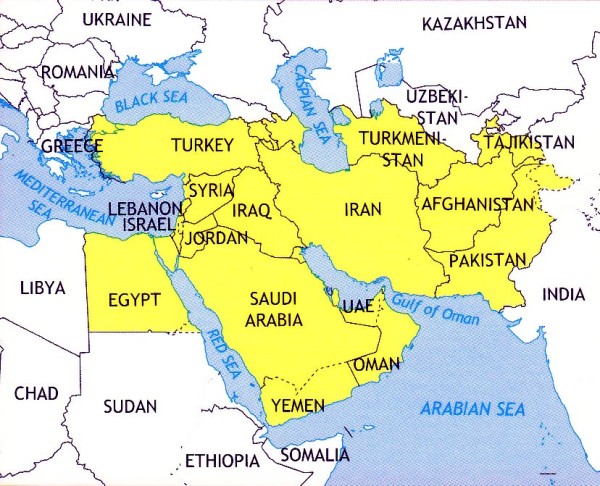It seems that after years, indeed decades, of vacillation, Saudi Arabia has finally decided to challenge its rival, Iran, if only via a proxy war in Yemen.
The rebel Houthi Zaidis, who have taken control of much of the country, belong to a Shia school of Islamic thought distinct from the beliefs held by Shi’ites in Iran, but they are supported by the regime in Tehran. Living in the northern highlands of the country, they make up about 35-40 percent of its Muslim population.
So now Saudi Arabia, the very center of Sunni Islam, which borders Yemen in the north, has launched airstrikes against the Houthi fighters, led by Abdel Malik al-Houthi, and mobilized its army. Several years ago, the Saudi government sent forces to prop up the monarchy in neighboring Bahrain.

A follow-up ground assault by Saudi forces, aided by Sunni-majority allies Egypt and the Gulf states, may yet follow. Egypt must “fulfill the calls of the Yemeni people for the return of stability and the preservation of the Arab identity,” declared President Abdel Fattah el-Sisi. He told an Arab League summit meeting in Sharm al-Sheikh March 28 that he “backs calls for a unified Arab force” to confront regional security threats.
The Houthis, in turn, have denounced the “Zionist Saudi regime,” while Iran has called the escalation a “dangerous step.”
Israel is indeed worried about an Iranian takeover of the strategic Bab-el-Mandeb Strait, located between Yemen on the Arabian Peninsula and Djibouti and Eritrea on the African side. It connects the Red Sea to the Indian Ocean, so Israeli ships could easily come under fire. Egyptian and Saudi warships are now patrolling the strait.

The Houthis are also collaborating with Yemeni security forces still loyal to former President Ali Abdullah Saleh, who was pushed from power during the Arab Spring but now appears to be orchestrating a comeback in alliance with the Houthis. The rebels now control most of the Yemeni military, including its aircraft. By the end of March, they had reached the port city of Aden.
Yemen has seen other civil wars in its past that led to foreign intervention. Until 1990, Yemen referred only to the northern part of the country. It became independent in 1918, under the Zaydi House of Al-Mutawakkilite.
In 1962, Imam Muhammad Al-Badr was deposed by a group of Egyptian supported and financed Sunni officers and a republic was proclaimed. A lengthy civil war between Yemeni republican forces, based in the cities and supported by Egypt, and the royalist supporters of the deposed imam, backed by Jordan and Saudi Arabia, ensued.

Egyptian President Gamal Abdel Nasser supported the republicans with as many as 70,000 Egyptian troops and used chemical weapons. According to official Egyptian figures, Egypt lost 15,194 troops in the fighting, prompting Nasser to pull out his army after Egypt’s loss to Israel in the 1967 Six Day War.
The civil war officially ended in 1970 with a political agreement between the republican and royalist factions. A republican government was formed in Yemen, incorporating members from the royalist faction but not the royal family.
Meanwhile, the old British colony of Aden in the south became a separate state called South Yemen in 1967. The two countries united in 1990, but many there were unhappy with the amalgamation, and a brief civil war followed in 1994. Today, a southern separatist movement, Heraq, has seized control of some territory.

Yemeni President Abdu Rabu Mansour Hadi has now fled the country and Washington has shut its embassy in Sana’a and evacuated 125 Special Operations advisors. Houthi forces seized Al Anad air base, which until recently had been used by the Americans.
Like many other states in the region, the Saudis realize that they can no longer depend on a war-weary America to counter Iranian aggression. Washington, in Saudi eyes, seems to have entered into some sort of informal entente with the ayatollahs of Iran, in Iraq and elsewhere.
The chaos in Yemen has made a mockery of Barack Obama’s statement last Sept. 10 that Yemen was an important U.S. ally and partner in American counterterrorism operations against Al Qaeda in the Arabian Peninsula. Now, there are even reports of an Islamic State branch operating out of Yemen.
Two Republican senators, John McCain of Arizona and Lindsey Graham of South Carolina, have criticized what they called a lack of U.S. leadership in the region. Endorsing the Saudi action, they said that it “stems from their perception of America’s disengagement from the region.”
Henry Srebrnik is a professor of political science at the University of Prince Edward Island.


